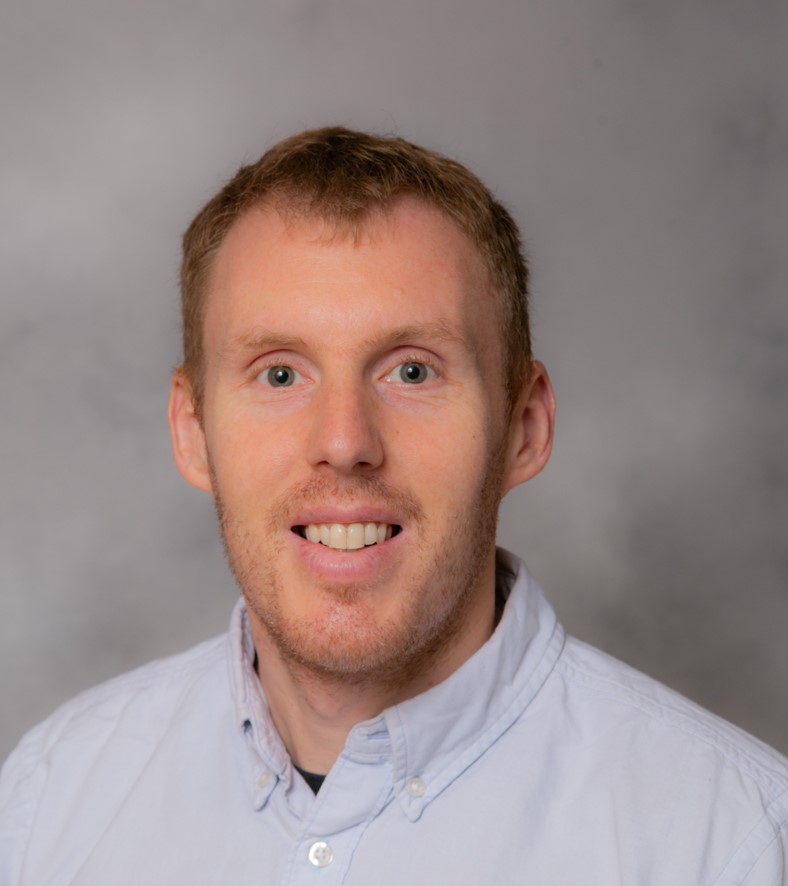Danijel Baturina was born in Split, where he finished primary and secondary school. He finished undergraduate studies in sociology at the Faculty of Humanities and Social Sciences of the University of Split in 2008, and the graduate studies in sociology at the Faculty of Philosophy, University of Zagreb in 2010. In 2011, he enrolled in a doctoral study in social work and social policy and in the year 2016 he obtained the PhD by defending his doctoral dissertation “The impact of the third sector on the socio-economic development of the Republic of Croatia”.
Since 2011, he has been employed as an assistant/researcher at the Faculty of Law in Zagreb, Department of Social Policy. He collaborated on two FP7 projects where he was employed in the same capacity from 2011-2017: WILCO – Welfare Innovations at Local Levels in Favor of Cohesion from 2011 to 2014 and TSI – The Contribution of the Third Sector to Europe’s Socio-economic Development 2014-2017. From 2017 to 2018, he worked as a post-doctoral researcher at the Social Work Study Centre, and from 2018 to 2023 as an assistant professor.
At the Faculty of Law in Zagreb, he participates in the teaching of the following courses: Methods of Analysis in Social Policy, Methods of Analysis in Social Policy (seminar), Social Economy and Social Entrepreneurship, Social innovations and Social Change, Croatian Social Policy, Introduction to Social Policy (seminar), and occasionally other courses.
His areas of scientific interest include social policy, civil society and the third sector, social innovation, social entrepreneurship, social inclusion of vulnerable groups and sustainable social change. He has published more than forty scientific papers and book chapters. He is also the author of the university textbook Social Economy and Social Entrepreneurship. He is the winner of the Croatian National Science Award for 2021 (in the category Annual Award for Young Scientists, in the scientific field of social sciences). He is also currently a managing editor of Croatian Journal of Social Policy.
He participated in numerous international and domestic scientific and professional projects. The recent international projects include International Comparative Social Enterprise Models – ICSEM, Blueprint for Sectoral Cooperation on Skills in Work Integration Social Enterprises (Erasmus+ K2), Developing Labs to Facilitate Home Care Innovation and Entrepreneurship in the Danube Region (Interreg Europe-Danube Transnational Programme). Also, national ones financed from the European Social Fund such as: SUSTINEO – Through Collaboration, Participation, Research and Education to Sustainability or New Perspective for Homelessness.
He has also participated in several COST actions such as: CA16206 Empowering the next generation of social enterprise scholars, CA18119 Who Cares in Europe?; CA18236 – Multi-disciplinary innovation for social change and COST 20112 Platform of policy evaluation community for improved EU policies and better acknowledgment.
He is a member of the International Society for Third Sector Research (ISTR), EMES International Research Network, Croatian Sociological Society, European School of Social Innovations. ARNOVA-Association for Research on Nonprofit Organizations and Voluntary Action, CIRIEC International scientific network, European Sociological Society, Institute for Public Administration, Croatian Network of Evaluators, Cooperative for Ethical Financing and the Centre for the Development of Nonprofit Organizations (CERANEO), in which he collaborated on projects such as: “Development of service learning programs for the active engagement of students in the field of homelessness prevention and social inclusion of the homeless” or “Reactivation and integration of marginalized youth – NEET into the labor market – RIM” (financed from the European Social Fund).
He is continuously involved in professional and scientific education in various fields. For example, he has recently completed the Ashoka Visionary Program in CEE, Robert Bosch Stiftung GmbH Postdoc Academy for Transformational Leadership, training as an Economy for the Common Good (ECG) consultant, ECPR Winter School in Methods as well as many others educations.




